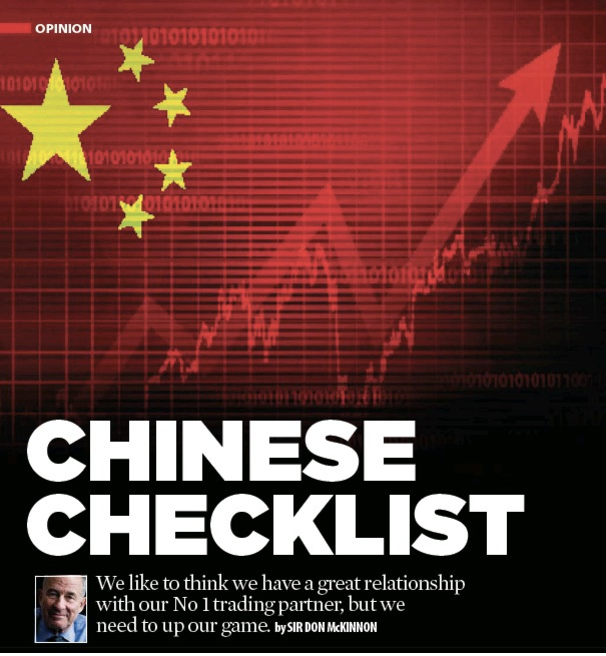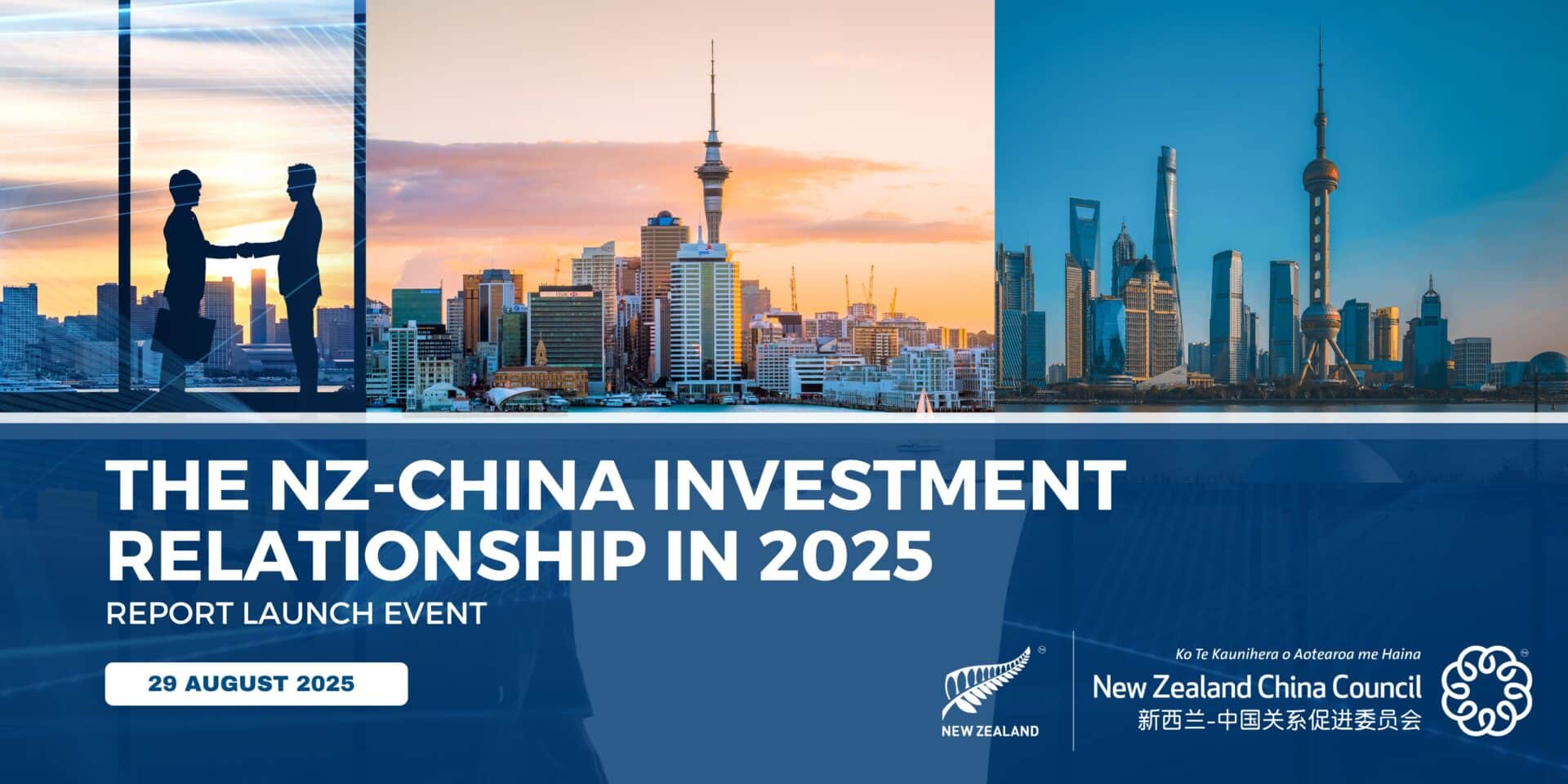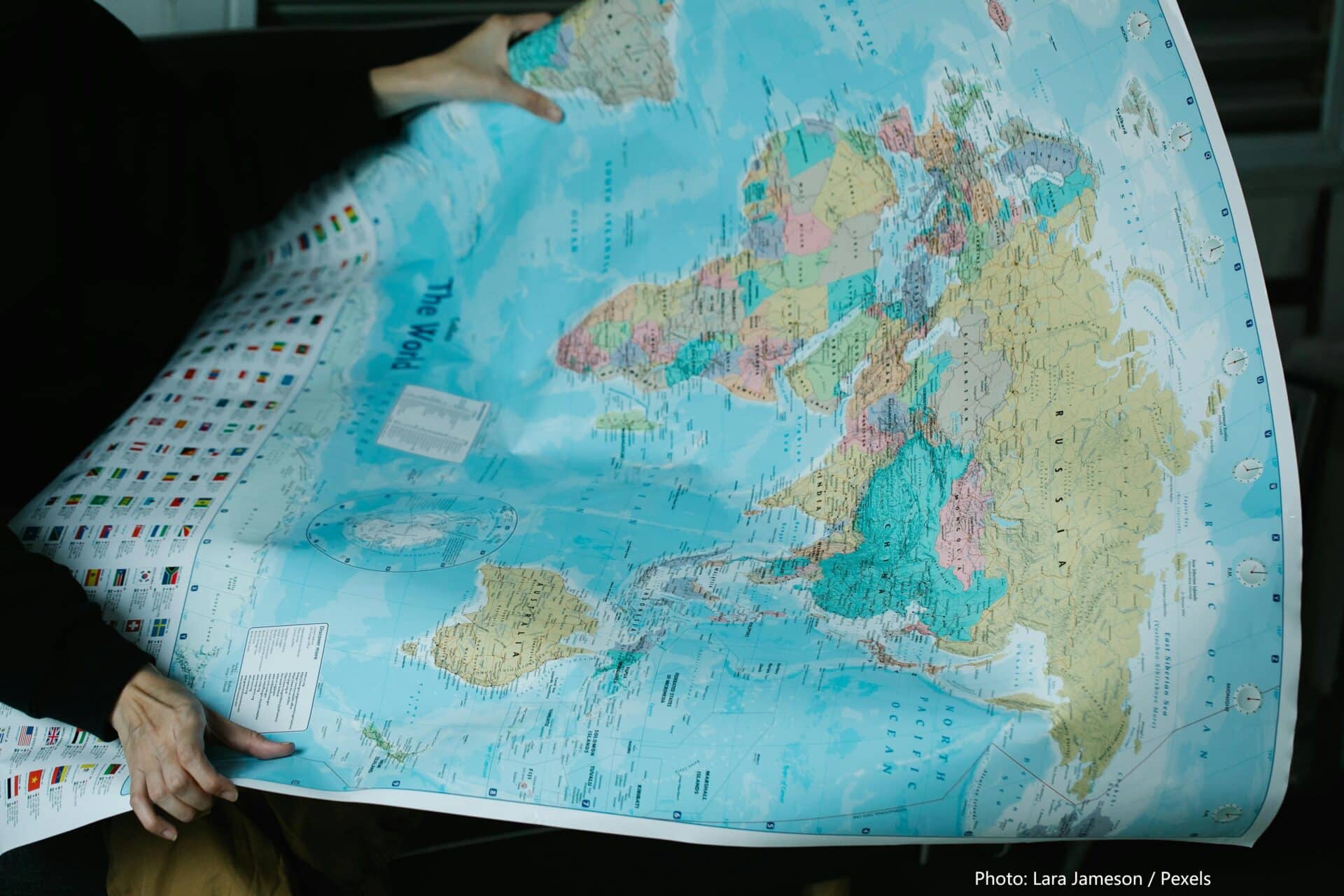Sir Don McKinnon: We’re facing stiff competition with China
There’s good reason to feel like everything is rosy when it comes to our relationship with China. But standing still could be the undoing of us.
Even if you visit China several times a year, you’ll be staggered by the changes between trips. New airports spring up overnight and new bullet trains are launched to connect the country’s booming cities, thousands of kilometres apart and more ring roads around big cities.
From Beijing and Shanghai to Guangzhou and Chongqing, you rub shoulders with people from every corner of the world who are there to sell something or buy something. From traders and business people right through to Prime Ministers and Presidents, all are beating a path to make known their interest in trade and investment.
And just as China has transformed, so have New Zealanders’ attitudes towards this vast and fascinating country. When I first visited China as Foreign Minister back in 1991, all the NZ media wanted to know was what was I going to say about Taiwan and Tibet. These two issues dominated then in the same way trade dominates today.
Of course, New Zealand and China will never see eye to eye on everything. When I was Foreign Minister I put in place, with the agreement of the Chinese authorities, annual discussions to talk specifically about human rights and these talks continue today. It is important we maintain our ability and willingness to assert our position when the need arises. This has been the pattern of New Zealand’s relations with global superpowers for the past generation.
Visiting more recently with then Prime Minister John Key I have been hugely impressed by the juggling act of their protocol. The Kiwi delegation was preceded by the Egyptian President and followed by the Zambian head, all in the space of a few hours, flags going up and down with military precision and no apparent mistakes.
The attention given to China is to be expected given the huge global trade and investment figures emerging from their economy. Our two-way trade has soared from around $8 billion in 2007 to more than $20 billion today, and the upward trend continues.
As China’s global economic significance rises, its international influence grows. Some commentators like to compare 21st Century China to Britain in the 19th Century and the US in the 20th. Yes, there are similarities. Countries that become wealthy often spread their influence for strategic purposes or following their investments. But there is a difference here – The British Empire expanded with the motive of economic gain. The US extended its reach in large part for geopolitical influence.
China’s expansion is based on the need for raw materials and food as it seeks to feed and lift its 1.5 billion strong population out of poverty. Hence it is investing heavily in countries with large agricultural and resource bases such as in South America, Australia, Southeast Asia and Africa.
And also here in New Zealand. But to get a true sense of scale, let’s look more closely at the figures: China is our number one trading partner whereas we are China’s 43rd trading partner. We get 20% of our imports from China, and they get half of 1% from us. They provide 1.1% of our foreign investment, while we provide one thousandth of theirs. They supply 33% of our foreign students, and we make up 0.5% of theirs. They are 35% of our tourists we are 0.3% of theirs.
Infrastructure also gives us a sense of just how tiny we are compared to China. Auckland’s Waterview Tunnel opened here recently to great fanfare, coming in at 2.4 kilometres in length. Meanwhile, China is planning an undersea tunnel connecting the island of Hainan to the mainland which will be at least 120 kilometres long. Also on the drawing board is a tunnel directly under Mount Everest from Lhasa in Tibet through to Kathmandu in Nepal.
These comparisons highlight the wealth and tremendous spread of China’s interests and conversely the number of countries beating a path to their door. They also underscore just how intense the competition is facing us here in New Zealand.
It’s easy to talk about the special and wonderful relationship we have with China. It’s true we have had some notable successes, such as negotiating the first free trade agreement with a developed Western nation. But as with all relationships, what you are doing tomorrow is more important than what you did yesterday.
Of course, diplomacy can go only so far in forging relationships between nations. True and resilient bonds between nations are forged between ordinary citizens face to face, kanohi ki te kanohi. We’re at the pivot point where we must move beyond trade and diplomacy to drive the relationship forward.
We should regard education, tourism and immigration as three human pillars on which we will build the next phase of the relationship.
Every Chinese student who chooses to be educated here invariably creates another ambassador for us. The number of Chinese students in the US, UK and other English speaking countries dwarfs the numbers here, so we must ensure the experience they have in NZ is world class. Also, we are far too light on the number of Kiwi secondary school kids learning Mandarin.
The same goes for Chinese tourists, who are undeniably from a different culture than tourists from Australia, Europe or North America. Our tourism sector can and should become far more China literate, in everything from culturally appropriate food and accommodation, to e-commerce and social media.
We can also do more to make families who migrate from China to New Zealand feel welcome and valued. Their children will go through our education system, become All Blacks supporters, talk like Kiwis and think like Kiwis. They will be able to penetrate the Chinese markets with all the familiarity of my grandparent’s generation feeling comfortable in the UK.
We can never close ourselves off from the enormous impact China is having on us now and will have on us in the future. For the sake of our children and future generations, we must know China more comprehensively and show its leaders and people how much we value our relationship.
This article originally appeared in the 21 July 2017 issue of The Listener.












 MENU
MENU
